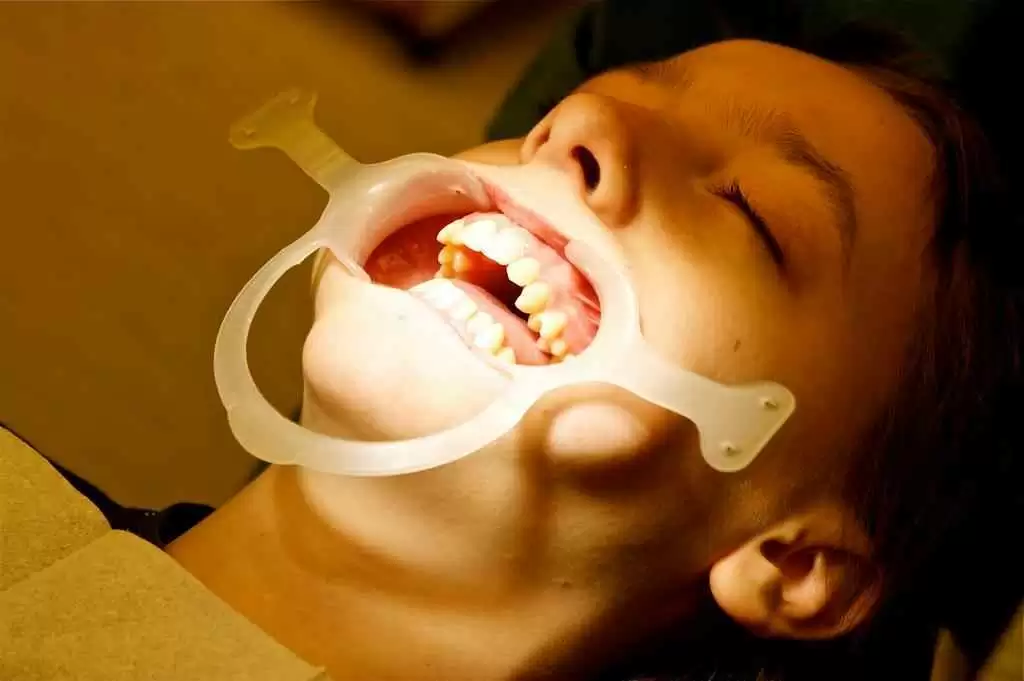
Celiac.com 07/05/2018 - We’ve known for a while that dental enamel defects can be an indicator of celiac disease. Now, a new study has evaluated the pathological conditions of the stomatognathic system observed in celiac patients on a gluten-free diet, and found that non-specific tooth wear can be seen nearly 20% of celiac patients, while such wear is seen in just under 6% of non-celiac control subjects.
The data come from a team of researchers that recently set out to evaluate the pathological conditions of the stomatognathic system observed in celiac patients on a gluten-free diet. The research team included Massimo Amato, Fabiana Zingone, Mario Caggiano Orcid, Paola Iovino, Cristina Bucci and Carolina Ciacci. They are variously affiliated with the Department of Medicine, Surgery and Dentistry, Medical School of Salerno in Salerno, Italy.
Celiac.com Sponsor (A12):
For their study, the team consecutively recruited celiac patients on a gluten-free diet, along with healthy control volunteers, from the team’s celiac clinic. Two dentists examined all patients and controls and examined them for mouth disorders.
The study included forty-nine patients with celiac disease, and 51 healthy volunteer subjects. The team found recurrent aphthous stomatitis in 26 patients (53.0%) and in 13 (25.5%) controls. They found dental enamel disorders in 7 patients (14.3%) and in 0 controls (p = 0.002), with no cases of geographic tongue.
They found non-specific tooth wear, characterized by loss of the mineralized tissue of the teeth, in 9 patients (18.3%) and in 3 (5.9%) controls. From this data, the team notes that recurrent aphthous stomatitis and enamel hypoplasia are “risk indicators” that indicate the possible presence of celiac disease.
Among patients with celiac disease, the team found high rates of non-specific tooth wear that can be caused by several factors such as malocclusion, sleep bruxism, parafunctional activity, and age.
This study, and previous studies on dental enamel defects, confirms that non-specific tooth wear and enamel defects can be strong indications of celiac disease, and may lead to a more active role for dentists in helping to spot and diagnose celiac disease.
Source:






Recommended Comments
There are no comments to display.
Create an account or sign in to comment
You need to be a member in order to leave a comment
Create an account
Sign up for a new account in our community. It's easy!
Register a new accountSign in
Already have an account? Sign in here.
Sign In Now